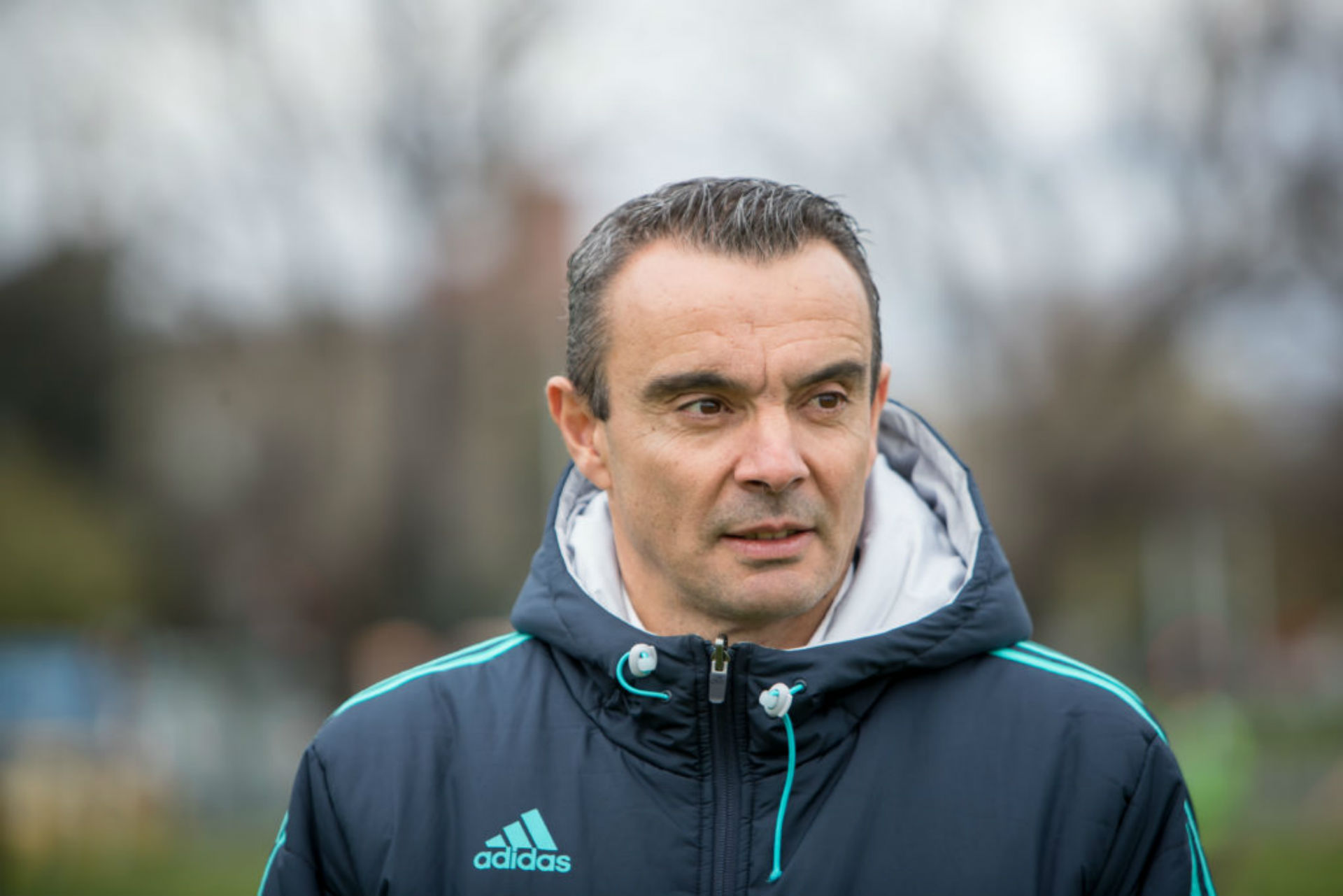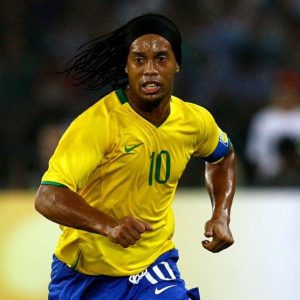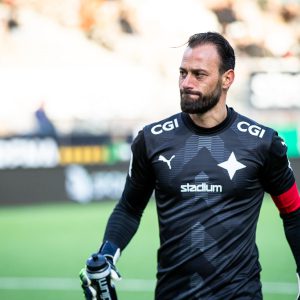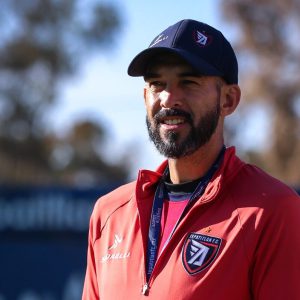

Paulo Cardoso: “How can we do a good transition to the first team? Step by step”
Paulo Cardoso is currently an Academy Director at CSKA Sofia in Bulgaria. Throughout his career, he worked as Academy Director at Melbourne Victory FC, Technical Consultant at the South Africa FA, KZN Safa Academy, Fluminense FC, Al Ahli, and Technical Coordinator at Sporting CP. The success of Sporting CP Youth Academy, the transition to professional football, the CSKA Sofia’s long-term player development plan, and the effects of COVID-19 were some of the topics covered during this talk conducted by Ricardo Balbeira.
The Sporting CP Youth Academy is recognized worldwide for the talented players it has developed over the past few decades. The club integrated and consolidated three fundamental processes: player recruitment, player development, and the connection with the first team. “Everything starts in players recruitment. That allowed us to work with some of the country’s best talents. Aurélio Pereira started the Recruitment and Training Department in 1988. It was the first real recruitment department in Portugal. Before we had our new academy, launched in 2002, we already could recruit and develop players like Paulo Futre or Luís Figo. During the leadership of Pedro Mil-Homens, the new academy was an opportunity to step up. We got a lot better in infrastructures, teams, and coaches. Everything went to the next level and, last but not least, was the connection with the first team. Without that step, all the work would be useless. There was a club strategy with José Roquette as President. We realized we needed to open the first team’s door to our youngsters to put them on the showroom, give a chance and sell them to the European market”, he said.
Having prior experience as a coach is not a mandatory condition for a scout to be successful, according to Paulo. “In Sporting CP, we had 200 scouts only in the Academy. I had coordinators working with them directly, and some of our best scouts were not coaches. I cannot say that to be a good scout you need to be a good coach. Of course, you should have some background experience in football. That will help you a lot”.
I was the technical coordinator and coach of the under-13s. One day, Artur Garrett came to me and said, “We have to decide about a player”. I said, “Bring him into the training”.
The player was very mature. A man comparing to the other ones. To be honest, at the end of the training session, I was not convinced. I am not saying he was not a good player, but I was too focused on his maturation. He was a man already, and I was a little suspicious about the future. Not about the performance at that moment. I told him “I am not sure, probably not” and he said to me “Look, believe me, I know this kid. I do not want to lose this kid. If you do not sign him today, he will go to Benfica tomorrow”. And I said, “Okay, I trust you”. The player was Ricardo Esgaio. Sometimes, scouts can make good decisions, and we need to use them properly”.
CSKA Sofia’s long-term player development plan is a complex process that begins with thorough recruitment. “The definition of the player profile we want to recruit is very important for us. The criteria for younger ages are different from older ages. It should be clear for us what kind of player we want to develop and our methodology. We want to develop universal players here. In my opinion, those will be richer. They will know more than if they played only in just one system, structure, or way to play. In CSKA, we have two big blocks: one from the under-7s until under-13s and the other from the under-14s to under-19s. What they do every single day [until under-13s] does not depend on the last or next match. The contexts are different. Until under-13s, the approach is more based on game principles and a bit in team organization. In older ages, things are more related with game moments”.
Quite often, the transition from youth academies to professional football is not done properly, compromising the players’ performance. The reasons are often related to their biological development and the competitive contexts in which athletes are. “We need to be very careful about the maturation of the players. The biological age. Some grow earlier than others. A player with 14, 15, or 16 years old could be almost an adult and others could be babies. In Sporting CP, on the transition from the under-13s to the under-14s, we did a test and evaluate which was their biological age. The first time we did it was in 2003. I was the coach of the under-14s and had 30 players. Some were 16 years old, in terms of biological age, and some 10. There were years of difference! Some players are so powerful that they succeed with high performance at a certain age. But we need to look to the potential, not to the performance at that time”.
How can we do a good transition to the first team? You need to offer a player a competition level where he can succeed, but it should also be challenging. He only should go to the next level when he can succeed. It should be a process. We should not burn stages. We should go step by step”.
The effects of COVID-19 have not yet been strongly felt in Bulgaria in competitive terms. The Academy Director expects to return to normality in the long term, so as not to jeopardize the players’ development. “We had a lockdown for three months. In June [2020], we restarted with one team and in July with all. We almost did not stop until now. There were some attendance restrictions, and the league stopped a bit. I just received the information that the younger ones [under-13] will stop for two weeks. The elite groups [under-15, 17, and 19s] will keep going. I did not feel that much the impact. In the long-term, we will come back, and hopefully, the negative effects will not be so high. But we have a problem. There are a lot of kids who could stop playing football at younger ages and go to other sport”, he admitted.
MORE ABOUT YOUTH COACHING
Follow us on Facebook!
Categories
Latest Courses
-
9 Lessons
-
1 Lesson
-
6 Lessons
You May Also Like
- Blog
- August 1, 2022
- Blog
- June 3, 2022
- Blog
- May 27, 2022
Developed by Brandit Digital Media Services.





